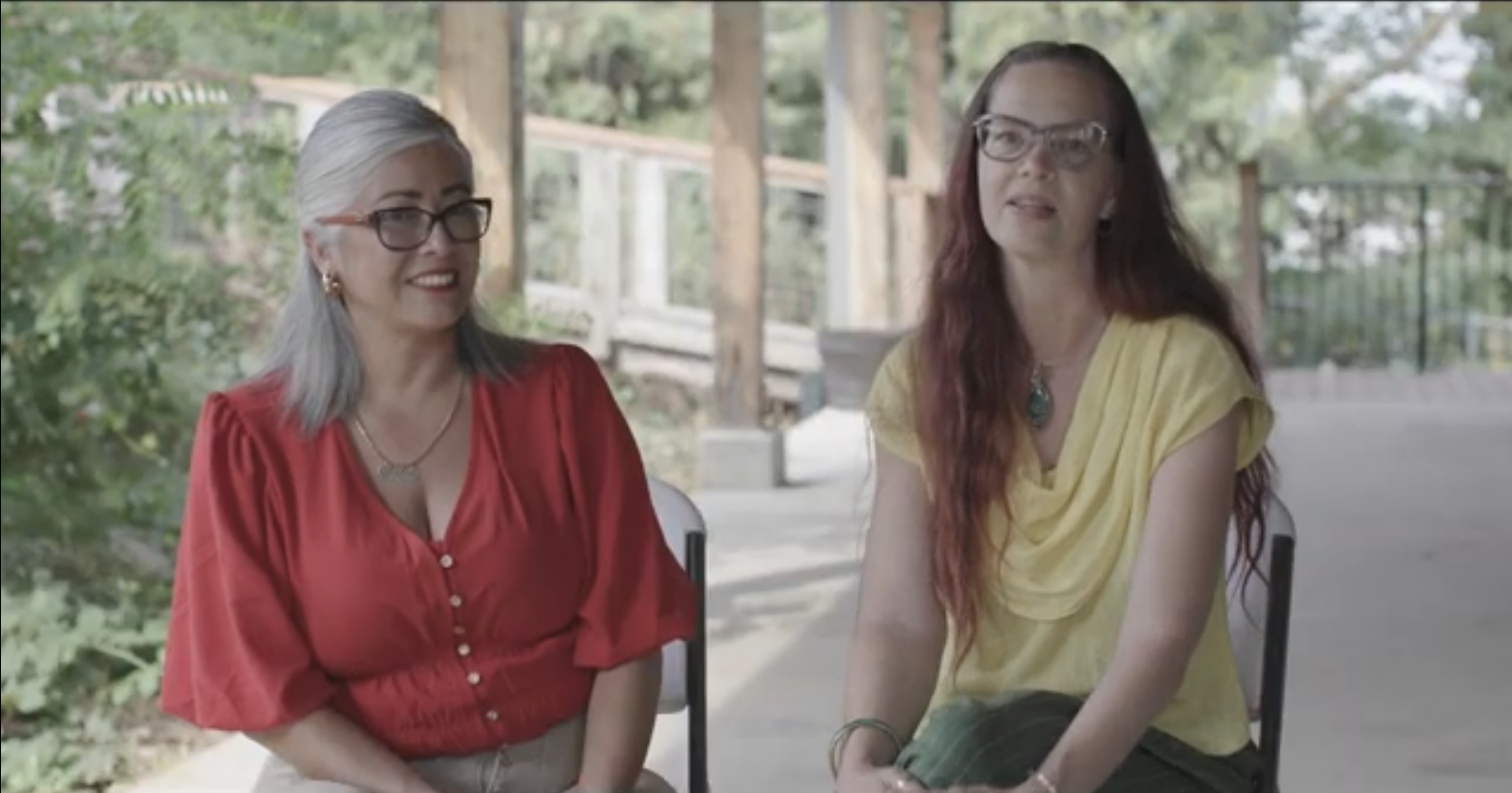A Decade of Growth: CSA Partnerships for Health Marks Ten Years of Nourishing Families, Farmers, and Community

Watch our video: CSA Partnerships for Health Celebrates 10 years
PORTLAND, Ore. — Ten years ago, a small pilot at Mid County Health Center set out to answer a simple but powerful question: what if access to fresh, healthy food could be part of a prescription for better health?
A decade later, CSA Partnerships for Health, a collaboration between the Multnomah County Community Health Center, local farmers, and community organizations, has become a national model for connecting food access, healthcare, and local agriculture.
Each year, hundreds of families referred by their healthcare providers receive weekly boxes of fresh produce from small local farms like Zenger Farm, paid for through partnerships with insurers and grant funding. The result: healthier diets, thriving farms, and stronger community ties.
“We kept hearing from nurses that while patients were being counseled to ‘eat more fruits and vegetables,’ many couldn’t afford them,” said Sylvia Ness, Health Promotion Specialist Senior. “That really got us thinking about our role in helping connect patients directly to healthy food.”
After months of planning and collaboration with Zenger Farm, the program launched in 2015. It has since grown to serve more than 300 families each year across all Multnomah County Community Health Center primary care clinics, with support over the years from partners including the U.S. Department of Agriculture, Oregon Food Bank, Kaiser Permanente, Providence Health, the OHSU Knight Cancer Institute and local insurers like CareOregon, Trillium, and OHSU Health Services.
Food as Medicine, and Connection
The heart of the program lies not only in the produce, but in the relationships it cultivates. Medical team staff identify eligible patients, often those managing chronic conditions like diabetes or hypertension and food insecurity, and community health workers guide them through every step. “We start by meeting people where they are,” said Juliet Bates, Community Health Worker Supervisor for the Community Health Center. “We help them try new vegetables, learn how to cook them, and connect that to their health. Before long, families are waiting for ‘veggie season’ to begin.”
Many participants report tangible improvements in both health and well-being. Some begin cooking again after years of relying on processed foods. Others share boxes with extended family members, creating new rituals around mealtime. “I want people to know this program is not just about food,” said longtime client Marjorie Fred. “It’s about life. Food is fuel, just like gas for a car. Without it, you can’t go anywhere.”
Sustaining Local Farms
For farmers like Christy Wennberg, Farm Production Program Manager at Zenger Farm, the partnership has been equally transformative. “Nobody gets into farming because they want to sell food. We do it because we want to feed our community,” Wennberg said. “[CSA] Partnerships for Health lets us do what we love and earn a living wage while serving people who need it most.”
Running a traditional community-supported agriculture (CSA) program can be demanding for small farmers, requiring constant marketing and administration. Through the CSA Partnerships for Health model, that burden is reduced dramatically, allowing farmers to focus on what they do best: growing food. “The admin work is cut by 90 percent,” Wennberg said. “That means we can grow more food, feed more people, and do it sustainably. It also allows us to pay our farm crew fairly, which is essential in this work.”
The collaboration has also encouraged farms like Zenger to grow culturally significant foods requested by participants, from collard greens and amaranth to okra, deepening connections with immigrant and refugee families across the county. “Food is comfort and identity,” Wennberg said. "Being able to grow foods that reflect the cultures of our community is one of the most rewarding parts of this program.”
Building a More Equitable System
The program’s success reflects the Community Health Center's broader vision of equity, partnership, and shared well-being. “This program embodies what we mean when we talk about health equity,” said Anirudh Padmala, Interim Executive Director of the Community Health Center. “It breaks down barriers between healthcare, food systems, and community partners. It’s about treating people as whole human beings, supporting their health, their families, and their ability to thrive.”
Looking Ahead
Now in its tenth year, CSA Partnerships for Health provides 300 summer shares and 100 winter shares, feeding hundreds of households across the county. Still, the need continues to grow. "We have a long waitlist,” Ness said. "If we’re going to tell patients to eat healthy, we have to make sure they can actually access that food. That’s the heart of this work." As the program celebrates a decade of impact, its leaders are already imagining the next ten years—expanding partnerships, increasing shares, and continuing to prove what farmers and health workers have always known: food is medicine. “This program brings together everything we care about—health, sustainability, and community,” Padmala said. “It’s what a healthy future looks like.”